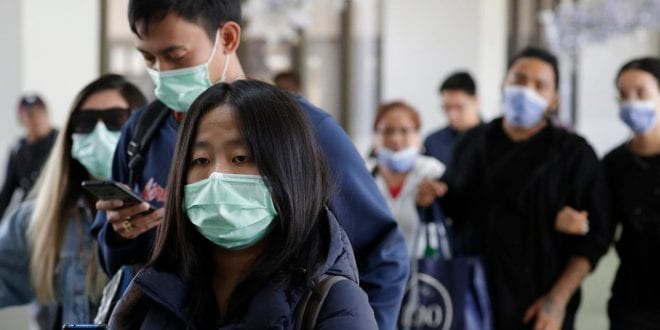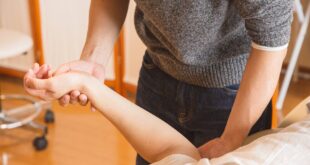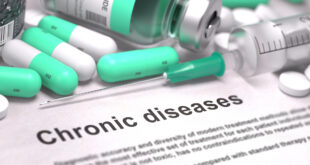The current crisis involving a strain of the coronavirus has a lot of people worried. There’s plenty of reason to worry. This particular strain was previously thought not to be contagious. Since that’s been proven wrong, it pays to figure out how to save yourself from coronavirus. With no vaccine currently available, you’ll need to rely on a few other methods to protect yourself. Here are four strategies that need to be on the top of your list.
Useful Information About Coronavirus

Coronaviruses represent a large group of viruses that can cause diseases as mild as a cold. The infection often appears with symptoms similar to pneumonia, such as fever, chills, congestion, body aches, and cough.
Although this virus initially spread from animals to humans, it has been confirmed that this strain of the infection can spread among humans through drops of saliva when a person coughs or sneezes.
There are no specific treatments for new coronaviruses.
If person-to-person transmission remains limited, rapid isolation of patients and infection control in health centers can stop the spread, as was done successfully with Severe Acute Respiratory Syndrome (SARS).
Children are particularly vulnerable because they like to touch and taste what surrounds them, and they do not understand health advice and usually have a weaker immune system than adults.
Concern For the Propagation of Coronavirus
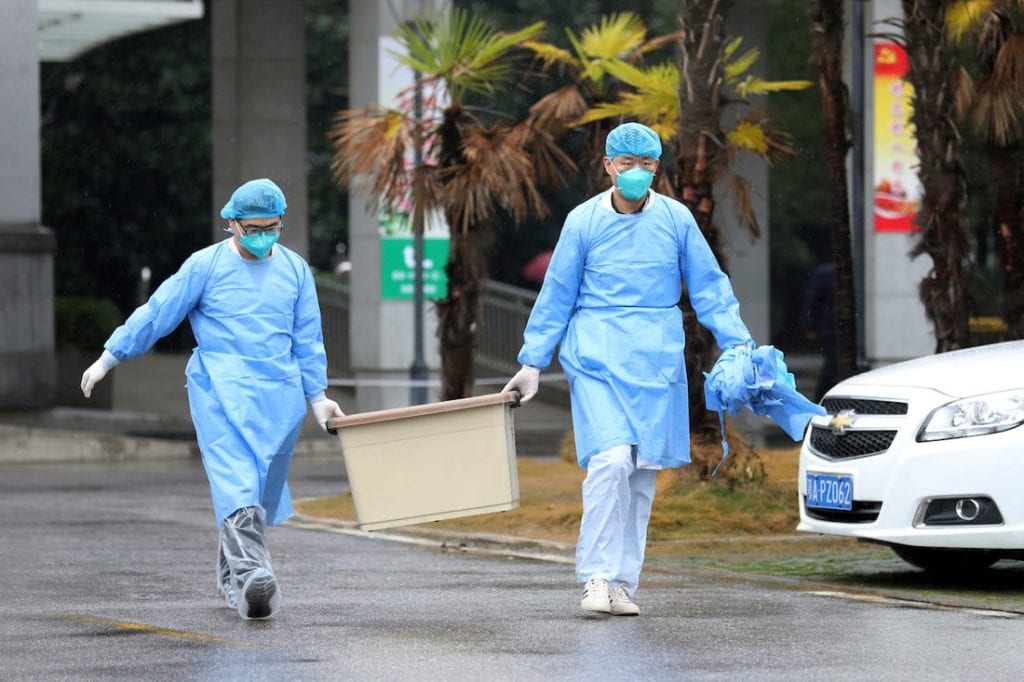
We are concerned about the children in a dozen countries in Asia, the Middle East, and Africa, where health systems are so deficient that they would have severe difficulties in dealing with a possible outbreak of coronavirus.
In China, the Government is taking active measures to respond to this outbreak. Still, in the healthcare systems of other Asian countries, they will not be able to adequately detect the virus or treat those who contract the disease.
We must provide timely and accurate information to vulnerable populations on how to protect themselves while urging them to seek medical attention quickly if they get sick.
Incorrect placement of masks
Other experts have said that disposable surgical masks may not fit sufficiently to the face to prevent infection. In contrast, some have pointed out that improper handling of the covers, such as touching the front, could increase the likelihood of spreading the disease.
In Hong Kong, a legislator who chairs the health services panel of the city government was criticized for a short video she published in which she showed people how to vaporize and reuse disposable facial masks.
Less predictable has been the advice of the Government of India, which has suggested using a traditional concoction that includes ginger and holy basil as protection against the virus, while a Myanmar minister was rebuked for sharing a Facebook message advising people to eat more onions.
Some Chinese abroad have been buying masks to send to friends and relatives. Chinese citizens living in Vietnam, Thailand, and Malaysia sent 150,000 covers to their home province of Gansu on Thursday, Chinese news agency Xinhua reported.
In China, where almost 10,000 cases have been recorded so far, Zunyou Wu, chief epidemiologist at the Chinese Center for Disease Control and Prevention, told the state broadcaster that people need to wear masks when traveling by public transport.
1. Wash Your Hands a Lot

People don’t think about all the ways they use their hands. You probably touch your face and eyes more often than you realize. They are one of the more common ways that you come into physical contact with other people. That is especially true if your line of work involves shaking hands with other people.
The solution is to make sure you wash your hands frequently. It means that after meals, shaking hands with others, blowing your nose, or using your hand to mask a cough. You should wash your hands using antibacterial soap and do so for at least 20 seconds at a time. If you’re used to doing a quick scrub, rinsing, and drying off your hands, a full 20 seconds may be a change in routine. Even so, this is one of the best ways to protect yourself.
2. Use Hand Sanitizer
There will be times when washing your hands is not practical. Investing in a small bottle of hand sanitizer is a great substitute. Opt for one that has an ethanol base, preferably at least 60%. You can use it discreetly immediately and then wash your hands thoroughly when it’s possible to do do.
Remember that using hand sanitizer is not a substitute for washing your hands. It’s a short-term solution at best. The preferred solution is to clean the hands and use a sterile cloth for drying them.
3. Respirator Masks Are Your Friends
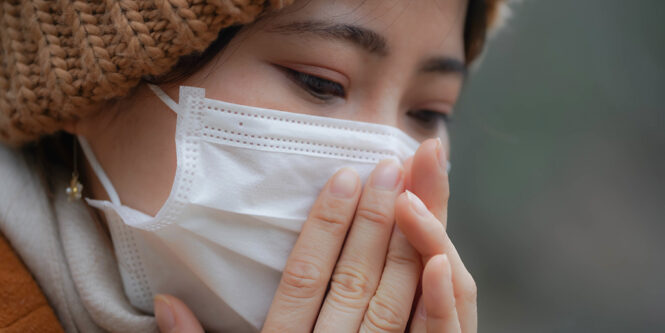
If you need to be around someone who may already be affected by the coronavirus or possibly have some other type of virus, it never hurts to keep respirator masks on hand. They are inexpensive and can be replaced after each use. The covers from canmeddirect.ca help to protect you from several airborne contaminants, plus reduce the risk of absentmindedly chewing on your nails or putting your fingers in your mouth.
4. Clean and Disinfect Surfaces That You Touch Regularly
Keeping your environment clean will also help reduce the risk. That means using cleaning agents that are designed to disinfect any surfaces that you touch. That includes the tops of desks, keypads on phones and laptops, and the kitchen counters where you prepare food.
You can also consider using some disinfectant designed to help keep the air in the home or office clean.
Remember that if you notice any signs of the coronavirus emerging, getting in touch with your doctor is something that you need to do immediately. Prompt medical attention can help ease the symptoms and help support your immune system while the virus runs its course.
The coronavirus has caused more than 400 deaths so far, and there are 16,000 confirmed cases, according to the World Health Organization. Minors are among the population that is most easily infected.
 Imagup General Magazine 2024
Imagup General Magazine 2024
